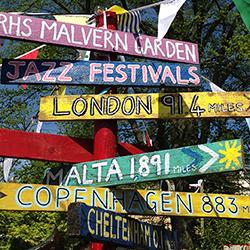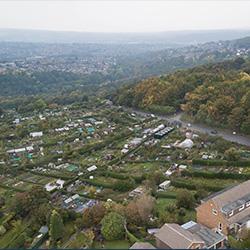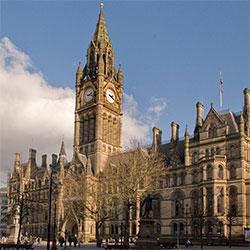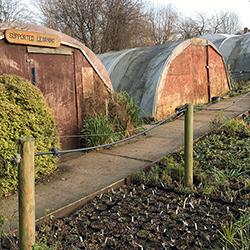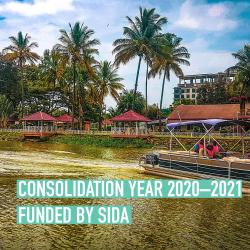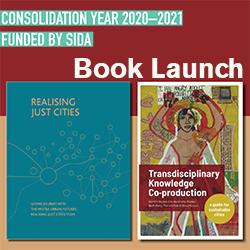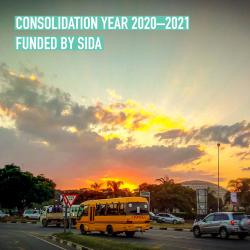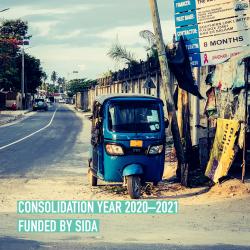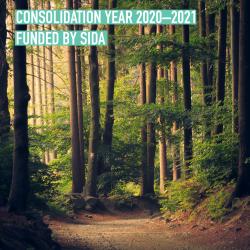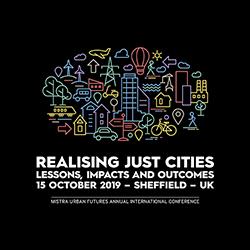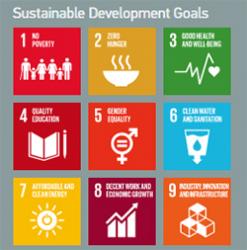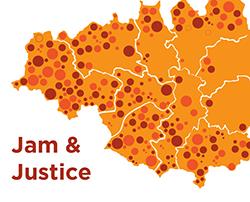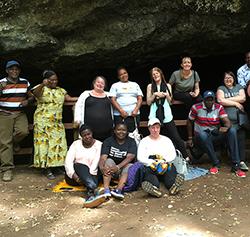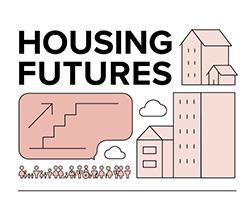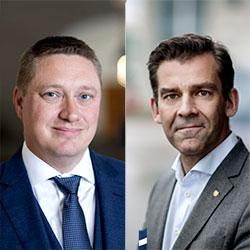Sheffield-Manchester Local Interaction Platform (SMLIP)
Sheffield and Manchester are both post-industrial cities in the north of England that are situated 38 miles apart on either side of the Peak District National Park.
Greater Manchester is a city-region of 2.7 million people comprising ten Local Authorities: Manchester, Trafford, Salford, Oldham, Rochdale, Bury, Bolton, Stockport, Wigan and Tameside. Greater Manchester is now seen as the United Kingdom’s largest economy after London, contributing 4.3% of England’s economic output. Sheffield city-region consists of 1.4 million people comprising four Local Authorities: Sheffield, Barnsley, Doncaster, and Rotherham, and contributes just 1.7% of England’s economic output – a significant underperformance given its size.
Leading universites
Both city regions are home to leading universities with thriving student populations, and are ethnically diverse. However, there are also large social disparities within the city regions, being home to some of the wealthiest and most deprived districts in England, a situation exacerbated under austerity and successive reductions to local authority budgets.
Industrial heritage
Both have strong industrial heritage, but have had to recover from mass unemployment in the 1980’s, when Sheffield lost 90% of its steel industry jobs, and both lag behind the England average across many key economic indicators, including productivity. They must also deal with poor and ageing infrastructure whilst trying to capture the potential of growth in the knowledge economy, particularly financial and insurance activities.
Governance
Governance arrangements are in flux. Following recent agreements for greater devolution to the English city-regions outside London, Greater Manchester elected its first Mayor, Andy Burnham, in 2016 which strengthened the Greater Manchester Combined Authority's remit to work across local authority boundaries. In Sheffield multiple options remain on the table for how to take advantage of new metropolitan powers, including formalising relationships within the Sheffield city-region or collaborating across the whole Yorkshire region.
Realising Just Cities
These commonalities and contrasts provide a platform for uni- and translocal work on how to realise more just cities. Across both city-regions we are asking: who makes decisions, whose knowledge matters and who benefits from urban policies and processes? Work in Greater Manchester is more advanced, reflecting the roots of the platform within the city-region, but new projects are being planned and developed in Sheffield to share learning across both sites.
Partners
SMLIP is hosted by the University of Sheffield’s Urban Institute and works closely with the Sheffield Methods Institute to deliver the programme of work. The platform has the following partners:
- University of Sheffield’s Urban Institute
- Sheffield Methods Institute
- Greater Manchester Low Carbon Hub/Greater Manchester Combined Authority
- Creative Concern
- Greater Manchester Centre for Voluntary Organisation
- Yorkshire and Humber Low Carbon Taskforce
- University of Manchester
- University of Birmingham
- Sheffield City Council
- Greater Manchester Housing Action
- Mum’s Mart
Read more about what is happening in Sheffield-Manchester here realisingjustcities-rjc.org.


